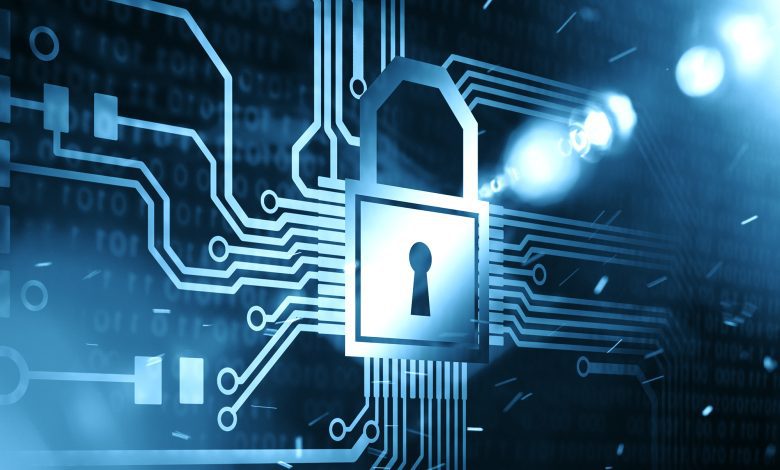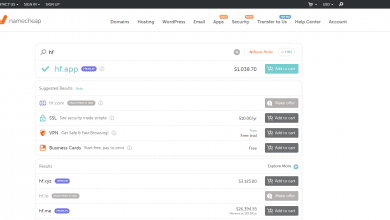Protect Yourself Online: Steps to Take after a Cyber Attack
Essential Tips for Online Security and Cyber Attack Prevention

It’s becoming increasingly difficult to stay safe online. With cyber attacks occurring more and more frequently, it’s essential for everyone to take steps to protect themselves and their data. Unfortunately, too many people don’t know how to do this, leaving them vulnerable to attacks. In this blog post, we’ll discuss the importance of internet security and offer practical advice on how to protect yourself online and prevent becoming the next victim of a cyber attack.
Use a VPN
A Virtual Private Network (VPN) is one of the most important tools for protecting yourself online. When choosing a VPN, make sure to look for one that has a no-logging policy, meaning they won’t store any of your data. Additionally, make sure the VPN offers strong encryption protocols and is located in a jurisdiction that protects user privacy. Finally, make sure the VPN provider has a good reputation, with many positive reviews from its users. By investing in a quality VPN service, you can ensure your data is safe and secure when browsing the web. Another key factor in protecting yourself online is to be aware of phishing scams.
Avoid Public Wi-Fi
When it comes to internet security, one of the best things you can do is to avoid public Wi-Fi. Public Wi-Fi networks are not only unsecured, but they are also incredibly easy for hackers to access and intercept your data. When you are connected to a public Wi-Fi network, anyone nearby with the right software or equipment can view your web traffic and personal information.
To protect yourself from this type of attack, it is best to avoid using public Wi-Fi networks altogether. If you do need to use public Wi-Fi, make sure that you use a Virtual Private Network (VPN) which will encrypt your data and make it harder for hackers to intercept it. Even if you’re using a VPN, it’s best to avoid logging into sensitive accounts like banking websites or emails as these could still be vulnerable.
If you must use public Wi-Fi, then there are a few steps you can take to increase your security. Turn off file sharing while on public networks and make sure to only connect to legitimate networks (not ones with suspicious names). Additionally, try not to use public computers in areas like libraries or Internet cafes as these could have malware installed on them.
By avoiding public Wi-Fi networks, you can significantly reduce your chances of falling victim to a cyber attack. Remember, when in doubt, stay off public Wi-Fi networks and keep your data safe.
Keep Your Software Up to Date
Staying on top of the latest software updates is key when it comes to internet security. When you receive notifications that an update is available, it’s important to install it right away.
Keeping your operating system updated is especially important. Whether you have a Windows, Mac, or Linux operating system, they all need to be updated regularly. Not only will these updates Protect Yourself Online system from new viruses and malware, but they will also patch existing vulnerabilities in the system.
You should also update your applications.
Software companies are constantly patching security holes and releasing new features, so it’s important to keep your software up to date. If you want to keep yourself safe online, updating your software is one of the best things you can do.
Use Two-Factor Authentication
Two-factor authentication (2FA) is an essential tool for protecting your online accounts and personal information. It adds a layer of security to your account by requiring two separate forms of authentication before allowing access. This helps Protect Yourself Online from malicious actors who may be trying to access your accounts with stolen passwords or other sensitive data.
When it comes to two-factor authentication, there are several options available.
To stay safe online, you should also regularly update your passwords and use strong passwords that aren’t easy to guess. With these simple steps, you can ensure that your accounts are secure and your personal information stays safe.
Create Strong Passwords
Passwords are one of the most important elements of online security, so it is essential that you create strong passwords for all your online accounts. A strong password should contain a combination of uppercase and lowercase letters, numbers, and symbols. It should also be at least 12 characters long and contain words or phrases that are hard to guess.
When creating a password, you should avoid using personal information such as your name or address, birthdate, phone number, pet’s name, or any other words or phrases that can be easily guessed. If possible, create a unique phrase that is unrelated to your personal life. For example, you could use a phrase like “My$up3rStr0ngP@ssw0rd123”.
It can be difficult to remember a variety of complex passwords, so you may want to consider using a password manager. Password managers generate strong passwords for each of your online accounts and store them securely in an encrypted vault. You will only need to remember one master password to access your password manager, making it easier to stay secure online.
In addition to creating strong passwords, it’s also important to regularly change them. This will ensure that if someone were to gain access to one of your accounts, they would not be able to use the same password to access other accounts. It’s also important to never share your passwords with anyone else, even if they are a family member or close friend.
By following these simple steps, you can help Protect Yourself Online from potential cyber threats. Creating strong passwords and regularly changing them is one of the most effective ways to keep your data safe and secure.
Back Up Your Data
Data backups are a critical part of any internet security plan. Backing up your data helps to ensure that, even if your computer or mobile device is hacked or stolen, you will still have access to important files and information.
There are many different ways to back up data. One of the simplest methods is to use an external hard drive or USB flash drive. By regularly copying important files from your computer onto the external storage device, you can be sure that the information is safe and can be recovered in the event of an attack. Additionally, you can store your data in the cloud. Services such as Google Drive and iCloud allow you to store files and documents remotely and access them anywhere with an internet connection.
- Backing up your data is important.
- Data loss can occur due to various reasons.
- This can include hardware failure, cyber attacks, and natural disasters.
- Regularly backing up your data can help protect against these risks.
- There are various ways to back up your data.
- This includes cloud storage, external hard drives, and network-attached storage.
- Choose a backup method that works best for you.
- Be sure to regularly schedule backups to ensure your data is up to date.
- In the event of data loss, having a backup can help restore your information quickly and easily.
- Don’t wait until it’s too late – back up your data today.
When creating a data backup plan, it is important to consider how often you need to make backups. Generally, it is best to back up at least once a week, especially if you frequently update or add new files. Also, it is essential to test the backups regularly to make sure they are working properly.
In addition to data backups, you should also create secure off-site storage for important documents. Using a password-protected storage site or secure mail service ensures that your sensitive information is kept safe in the event of an attack.
By taking steps to back up your data, you can protect yourself against cyber attacks and be sure that you will still have access to important files and documents even if something happens to your computer. With proper planning and regular backups, you can keep your data safe and secure.





